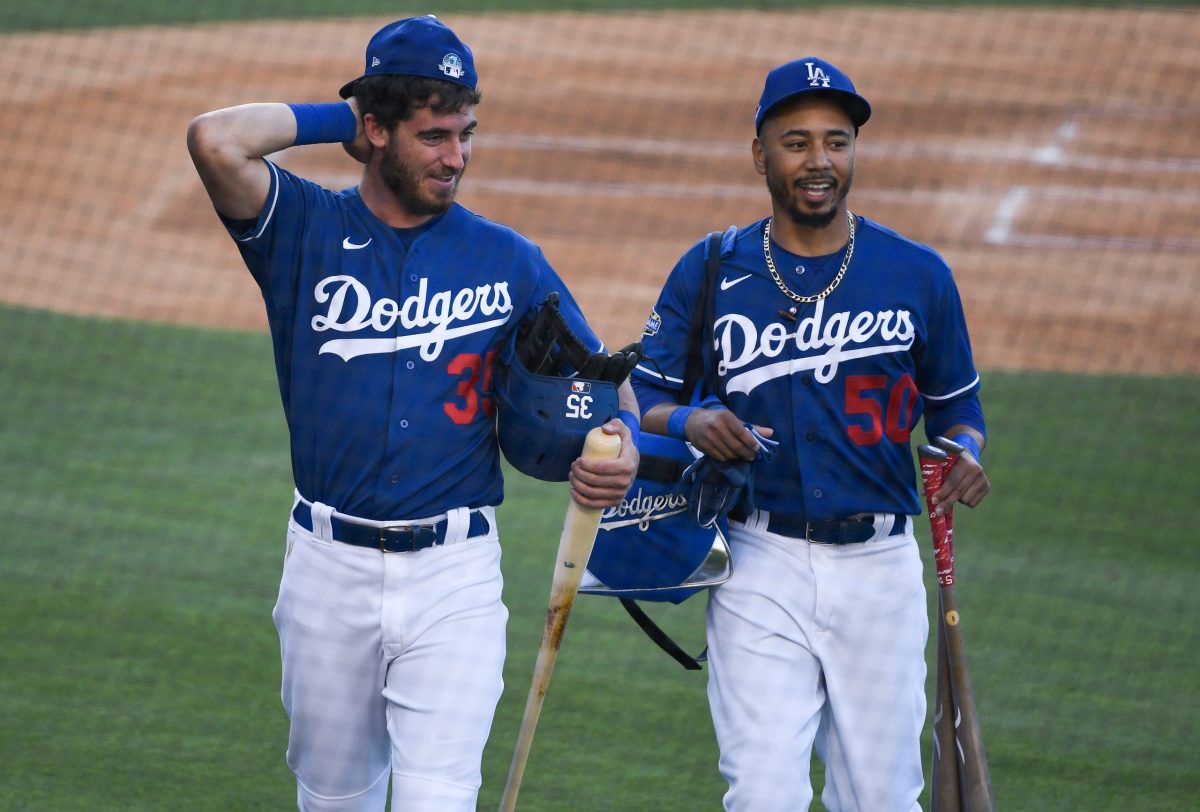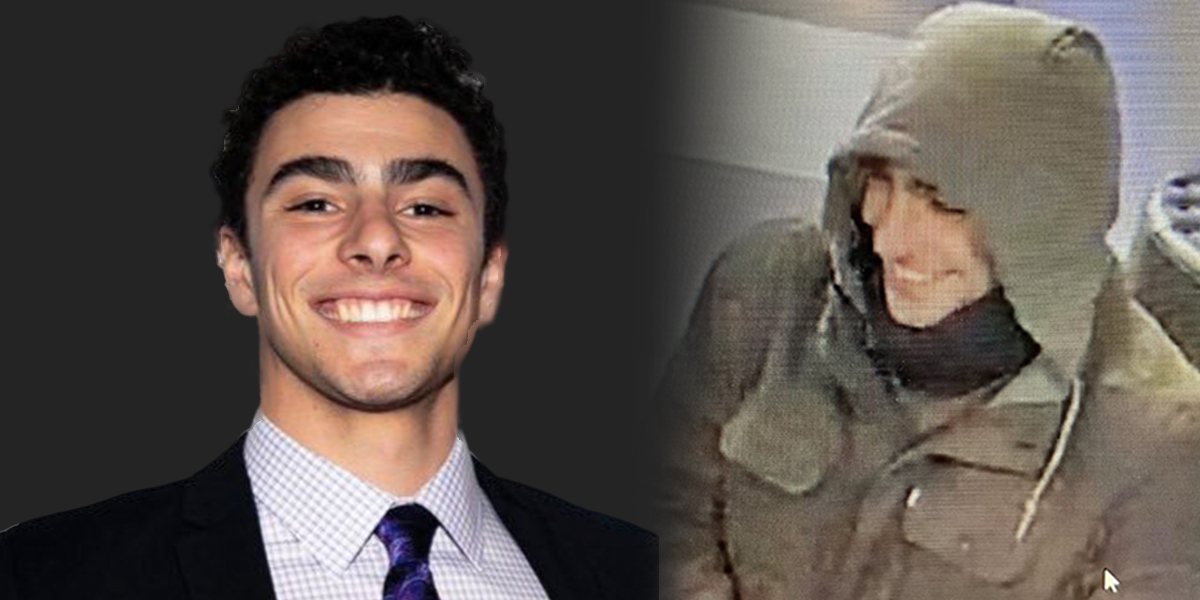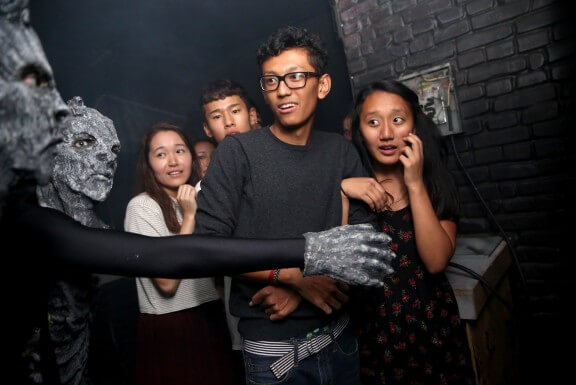 When it came to adapting Gillian Flynn’s novel “Gone Girl” for the screen, she wound up doing it herself.
When it came to adapting Gillian Flynn’s novel “Gone Girl” for the screen, she wound up doing it herself.
Credit: Getty Images
When writer Gillian Flynn sold the film rights of her 2012 bestseller “Gone Girl,” part of the deal was she would get first crack at the screenplay. As it happened, she wrote every draft, with some help from her director, David Fincher, who she knew would be able to handle the film’s multiple tones.
This was your first screenplay. How did you prepare?
I read screenwriting books and tons of screenplays. I also looked at certain adaptations that I always liked and respected. I read and watched “A Simple Plan” and “The Talented Mr. Ripley.” My dad’s a film buff, so I grew up watching films and dissecting films. It felt very organic.
The adaptation is pretty faithful but not remotely everything made the transition from book to film. Were there things you were sad to lose?
There were certain characters I lost along the way who I knew we just didn’t have time for. Desi’s mom was a character I always liked. She’s only in a few pages. She had to go. There were little cul-de-sacs of the book I knew weren’t going to be able to make it. Having been a journalist for so many years taught me not to be overly attached to certain things. You have to learn how to hit the delete button.
Still, it does run 2 ½ hours.
I didn’t want to entirely prune everything and have it turn into a straight procedural. It was about balance. I was lucky to have Fincher to work with so closely. There were certain things where I would say, “Should we lose this?” Sometimes he’d say yeah, and other times he’d say, “Absolutely not.”
 Ben Affleck (in dim lighting) played Nick Dunne, the male lead of Gillian Flynn’s novel “Gone Girl.”
Ben Affleck (in dim lighting) played Nick Dunne, the male lead of Gillian Flynn’s novel “Gone Girl.”
Credit: Merrick Morton
Fincher has this notoriety as being intense, but he seems much more approachable and friendly.
He has this reputation that he doesn’t suffer fools, and that’s certainly true. But he was nothing but gracious to me from the very beginning. It would have been much easier for him, comfort-wise, to say, “Nice job, author, on this first draft. Now let’s get rid of you and bring in someone who’s written a screenplay before.” But he didn’t. We had a great time. He’s very funny. Even when he’s giving you harsh feedback on something, he’s doing it in a way that makes you laugh.
There’s a film of “Dark Places,” your second novel, coming out this season too, though you didn’t write that.
I sold the rights specifically to that writer-director [Gilles Paquet-Brenner], because I knew he would do a great job. He’s a born and raised Parisian, so he’d never roamed around [the American Midwest]. I took him there, so I got to know him well and really trusted him. With “Dark Places” I had to let go.
The book takes the guise of a whodunit, but it’s really a study of relationships, marriage and intimacy.
I tend to use the whodunit element to give me an engine to pull me through and talk about other things. I had written two books about isolation and people who couldn’t make connections. With “Gone Girl” it was about looking at marriage. I liked the idea of the different masks we wear, both in relationships and with other people. Marriage is the mystery here, and you can’t solve the mystery without solving the marriage. I was looking at how often we are our true selves, in this age when it’s so easy to put on different personas, to piece ourselves together with pop culture references and things on the Internet. If we can’t be real, genuine people, how can we live with someone else?
How did your husband react to reading the book?
He definitely had a big gulp moment. He was like, “What do we need to talk about?” But he’s known me for a long time. He’s seen me write all kinds of other dark, creepy stuff. He said, “Write it, we’ll sort the rest out later.” I call him the muse of the book about toxic marriage.
Follow Matt Prigge on Twitter @mattprigge




















